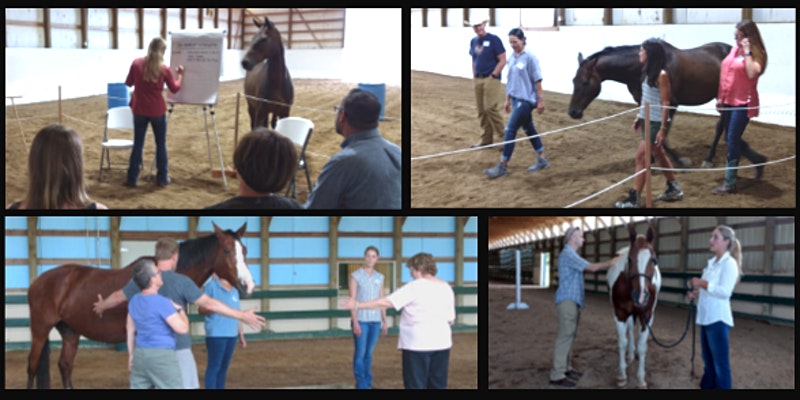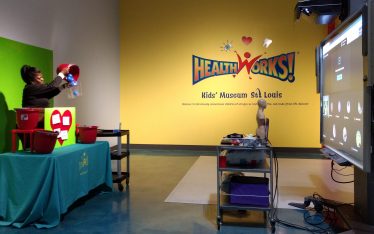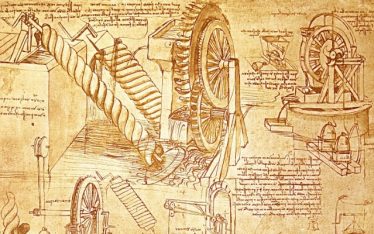When thinking about enhancing our leadership skills, seldom would the thought of working with horses cross our mind. Leadership in a herd focuses on creating an environment for the good of the collective whole. As prey animals, survival depends on horses constantly communicating with their environment and one another. The instinct of fight or flight grants horses a heightened sensory awareness, so the collective group may react accordingly and ultimately survive. Horses interact with humans in the same way. They do not care about your title or resume, their emphasis is squarely focused on your intentions, whether they can trust you in that moment, or if you will incite a flight response.
This type of communicative environment offers insight towards understanding how we “show-up” in the world. By observing how horses respond to us, individuals can begin to better understand how to be more effective in personal and business interactions, thus enabling individuals and teams to learn new methods on what it takes to lead.
Leadership is not only a title, but something that is embodied.
The ‘embodied leader’ builds the awareness and skills to lead with purpose. Learning the effects and importance of transparency, clarity of intent, non-verbal communication, and forging trust to produce positive outcomes is paramount to effective leadership. Our interpretations and perceptions of the world are translated through our thoughts and emotions, which then engages our body through actions. Our actions warrant reactions in the environments and in the people around us.
This interaction between mind and body with the rest of the world creates a ‘quality of energy’. Energy has negative and positive qualities, where the negative can be constraining or limiting, and the positive elicits opportunity. Our decisions in the moment, influence the quality of energy elicited in the action, and is generated in a resulting reaction.
Your energy introduces you before you even speak.
To illustrate leadership learning opportunities, The Morse Group brought in Merill Morse Equicoaching for a corporate workshop to focus on helping a group of leaders learn about how individuals and teams embody leadership, the positive and negative impacts of their energy, and its influence in their work and personal life. In her coaching program, horses are used to improve professional and interpersonal human dynamics because they are experts at Somatic Intelligence (non-verbal awareness) and energy in relation to leadership.
The immersive learning environment introduced participants to a group of three horses that were used to co-facilitate the learning. The program began with “grounding” – an exercise where the goal is to create a trusted relationship between a horse and participant. To do so, the participant must understand the energy they, and the horse, are generating in a given moment to create an energetic environment that both entities willingly want to be a part of. With the participants gently resting their hands on the horses back, Merill taught them to relax and center themselves by controlling their breathing and by observing the ques given by the horse that signify trust being built. This exercise in observation helped them to reflect on what they were thinking and feeling in that moment to better understand and create “good energy” during the exercise. From there, the group was divided into teams and went through a series of verbal and non-verbal exercises with the horse, one including the completion of an obstacle course. The teams were challenged with using positive energy, non-verbal communication (with each other and the horse) and trust to ‘lead’ the horse through a series of obstacles. The exercise relied on effective planning, clarity of intent, trust, and the ability to adapt in the moment to successfully partner with their horse to achieve their goals.
As part of the workshop debrief, the participants explored how each person and team felt about their individual and collective leadership. They reflected on how their thoughts influenced the group’s actions, the impact their actions had on those around them, and the culture they created in the moment to execute on the challenges. The workshop created scenario-based learning with the horses that could be translated into work and life interactions.
As individuals and teams learn to become more aware of the energy created by themselves and others, they will develop their skills to produce more positive outcomes based on trust, greater verbal and non-verbal communication, and the ability to effectively lead in the moment.




